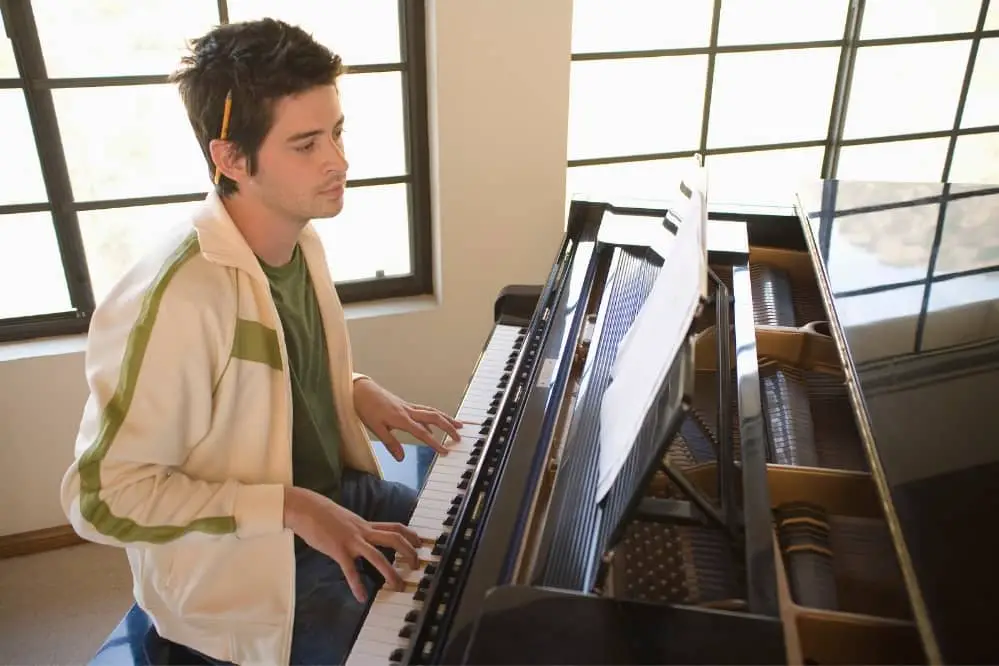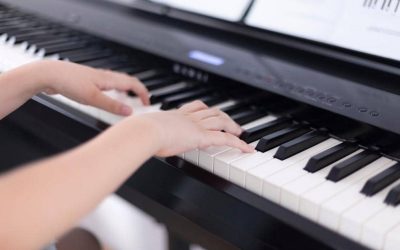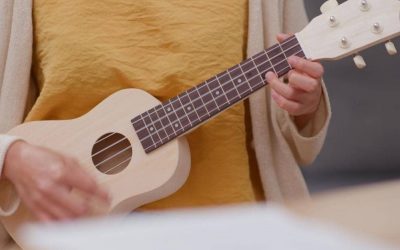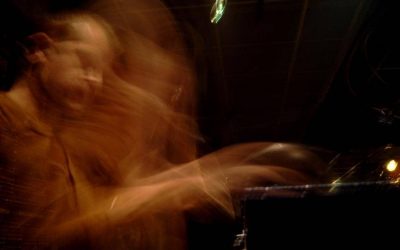Learning to play the piano is a lot easier when you practice regularly, but what happens when you’ve lost your motivation to practice? This is not at all uncommon, but even if your devotion to practicing is second to none, you may still need a little push now and then in order to keep going.
It happens to all of us, whether you’re taking lessons or teaching yourself how to play. The good news is that there are things you can do to get yourself back on track, and they are not difficult things to do.
Whether it’s a week or several months after you start learning the piano, loss of motivation can happen at any time. It’s only natural. When this does happen, here are some tips to jump-start that motivation and make you want to start practicing again.
1. Decide on the Amount of Time You Want to Practice
Whether it’s 30 minutes, an hour, or even longer, if you know you’re going to be practicing only for a set amount of time, it can make your practice time go by much faster. You can even start out by practicing a small amount of time then increasing it as you improve.
The important thing is to set a certain amount of practice time and stick to it. This way, you’ll always feel that there is an end in sight, and you’ll be a lot less hesitant to cheat on your practice time or skip practicing altogether. Think of it as a way to hold yourself accountable because accountability can be a great motivator.
2. Schedule the Days and Times That You Want to Practice
Don’t just say you’re going to practice. Say that you’re going to practice six days a week — and name those days — at four o’clock in the afternoon for one hour. This will help you get the right mindset and make those times seem more like a commitment on your part. You’ll soon feel a little funny if you ever miss a practice at some point. Everyone does better with a set schedule and with something to look forward to, and practicing the piano is no exception.
3. Make Your Piano Area Your Own Special Space
Wherever your piano is, make the area your own. Decorate it if you like, keep a small table nearby and put a notebook and pencil on it in case you get some inspiration and want to write it down. Make it homey and conducive to practicing. The more personalized the space is, the more comfortable you’ll feel about it and the easier it will be to practice every day.
If you’re a songwriter, this is especially important because you never know when you’ll get the inspiration to jot down a few notes. Indeed, making the practice area your own has a lot of advantages.
4. Start Recording Yourself
When you practice, start recording yourself so you can hear how you sound. You don’t have to record every single practice session, but if you record yourself, say, once a week, you’ll be able to hear how you’re progressing as a pianist and which areas you need to work on the most.
Hearing how you sound is very likely to result in some surprises for you, but it’s still the best way to set goals and work hard towards those goals. Plus, recording yourself is a great way to hold yourself accountable when you set goals for yourself because you’ll be more likely to push harder to meet those goals.
5. Start a Blog
Learning to play the piano should be a lot of fun, so you can share your experiences with the rest of the world if you start a blog. The blog could also end up being an inspiration to other beginning piano players, and it gives you a sense of commitment to the craft.
Blogs are fun to write and can be cathartic as well, and you’ll find that your skills will naturally improve once you commit yourself to the task. You don’t have to write in the blog every single day if you don’t want to, but write regularly so that your motivation to practice stays a lot higher.
6. Schedule an Informal Concert or Jam Session
If you invite some friends and family members over, you can have an informal concert. Or, invite some friends over who are musicians and jam with them for a while. You don’t have to be an expert piano player to do these things, but it will show you what areas need improving, how much you’ve learned, and is a great way to enjoy the craft of playing the piano to the fullest. Jam sessions in particular are a great way to see how you’re progressing with your lessons and you may even surprise yourself!
7. Make it Your Own Time
Most of all, make each practice session something personalized. Choose both fun music and challenging music, and challenge yourself to play music that is harder than the music you played before, because nothing is more fun than getting better and better at a particular craft.
Many people even spend the first 30 minutes of practice playing a piece of music that they’re trying to master, then 30 additional minutes playing something just for fun. You can personalize the experience any way you like, and the more personalized it is, the more likely you are to keep on practicing!






